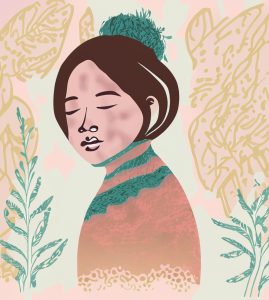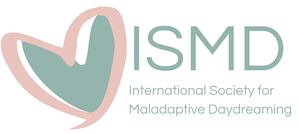

Common symptoms of maladaptive daydreaming include:
- Prolonged periods of the day dedicated to daydreaming
- Elaborate and detailed fantasies, similar to novels or movies
- Extreme difficulty in stopping fantasies or uncontrollable desire to resume daydreaming (comparable to an addiction)
- Difficulty falling asleep or getting up in the morning due to the desire to continue daydreaming
- Triggered by movies, music, video games, and books
- Repetitive movements such as pacing, rocking, swinging, or repetitively manipulating an object
- Facial expressions and body movements that mimic the daydreamed events (daydreamers may find themselves smiling, sobbing, or talking like the daydreamed characters)
- Neglect of daily life obligations (such as eating, washing or the performance of important tasks) due to the preference of fantasy life
What is the MD experience like?
The fantasies in MD can manifest themselves in many ways. Daydreamers may live in one or more parallel imaginary worlds, relive the same fantasies, or have a secondary imaginary life.
A key characteristic of MD is its emotional intensity. Individuals with MD are often emotionally attached to their fictional characters, for whom they have deep feelings of love, friendship, admiration, or hate. The fictional story can often become more emotionally engaging than real life.
The sense of shame
Many with MD feel ashamed of their condition and are careful to conceal their mental activity from the outside world. This may be one of the reasons why MD sufferers prefer solitude, which not only allows for inner concentration but also reduces the risk of being caught in the act of dreaming.

The triggers
Music is one of the most commonly reported triggers for daydreaming. Other triggers include: video games, books and movies.
The impact on reality
The “awakening” from MD can be distressful. Some maladaptive daydreamers report slight physical discomforts, such as dizziness or headache. Others report symptoms of psychological distress, such as derealization/depersonalization, anxiety, inner emptiness, shame, and guilt.
Read also: What is maladaptive daydreaming?
